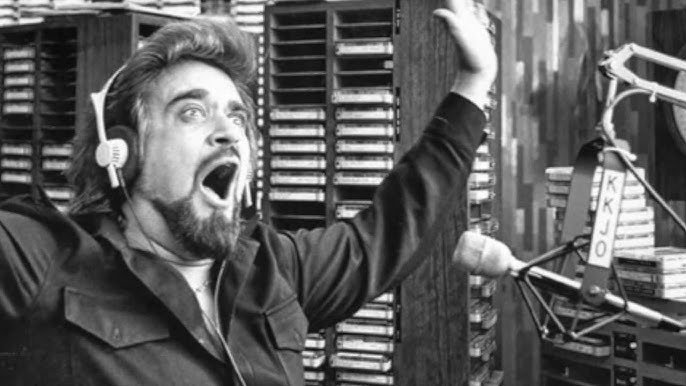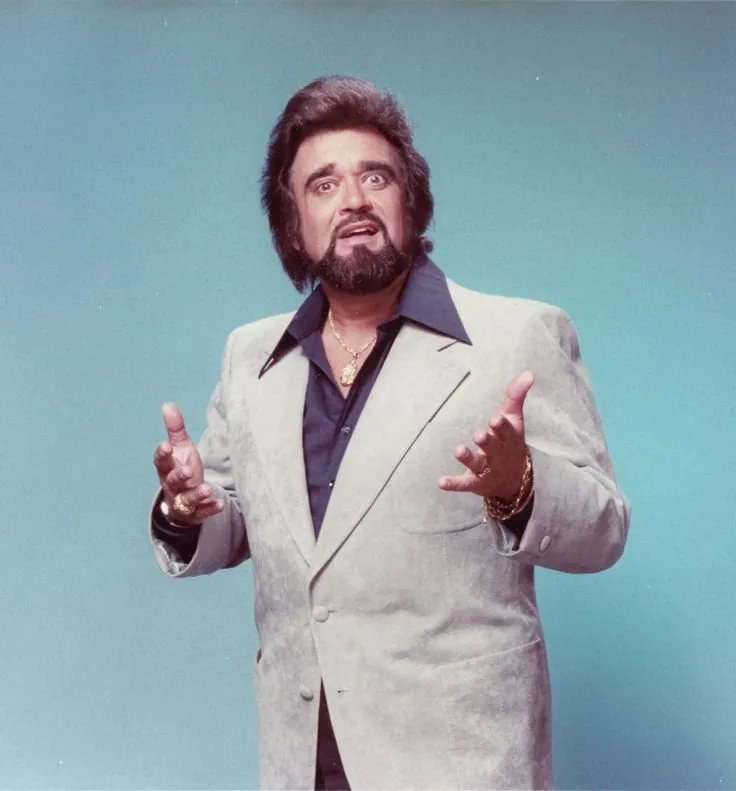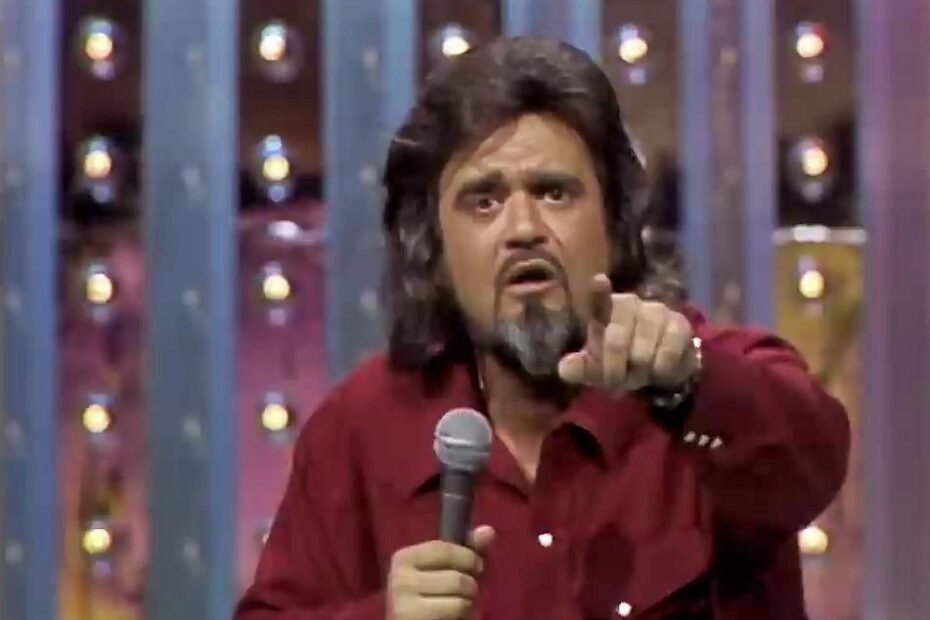Wolfman Jack: The Iconic Voice of Rock ’n’ Roll Radio
Few voices in the history of American broadcasting are as instantly recognizable—or as electrifying—as that of Wolfman Jack. With his gravel-throated growl, rapid-fire patter, and larger-than-life on-air personality, Wolfman Jack became a defining figure of rock ’n’ roll radio from the 1960s through the 1980s. More than just a disc jockey, he was a cultural phenomenon whose influence stretched from pirate border-blaster stations to television, film, and mainstream pop culture.
Early Life and Persona Creation
Wolfman Jack was born Robert Weston Smith on January 21, 1938, in Brooklyn, New York. A lifelong lover of radio, young Smith grew up tuning into late-night rhythm and blues stations, mesmerized by the energy and freedom of Black DJs whose style differed wildly from the polished radio voices of the day.
In the early 1960s, he developed the Wolfman Jack persona—an untamed, howling, comedic, mysterious character inspired by the blues, voodoo imagery, and carnival barkers. This unique identity allowed him to stand out in a field often dominated by conventional broadcasters.

XERB and the Rise to Fame
Wolfman Jack’s breakthrough came from his work at XERB, a powerful “border blaster” station in Rosarito Beach, Mexico. With a transmitter powerful enough to reach across the U.S., Wolfman Jack’s nighttime broadcasts spread across the West Coast and into the Midwest.
His show blended high-energy rock ’n’ roll, humor, outrageous skits, and a sense of unfiltered rebellion. Teenagers listened under their blankets, drawn to the forbidden thrill of his voice booming out of the darkness.
A National Cult Figure
By the 1970s, Wolfman Jack had become a household name. His star rose even higher after a memorable appearance in George Lucas’s 1973 film American Graffiti, where he played himself—the mysterious voice tying the film’s nostalgic soundtrack together.
His role in American Graffiti cemented his status as the embodiment of rock ’n’ roll radio’s golden age.
Wolfman Jack also hosted television shows such as The Midnight Special, bringing live music to millions during a time when late-night TV had few options for rock fans.

Style and Influence
Wolfman Jack’s delivery was a blend of raspy vocals, animalistic howls, charismatic storytelling, and uncontrolled laughter. He made radio feel alive and unpredictable. Many modern DJs and radio personalities credit him as a major influence, and his style paved the way for more expressive, personality-driven broadcasting.
Later Years and Legacy
Wolfman Jack continued broadcasting into the 1990s, never losing his passion for radio. He died on July 1, 1995, shortly after returning home from a promotional tour, leaving behind a legacy of unmatched energy and authenticity.
Today, Wolfman Jack is remembered not just as a DJ, but as one of the most memorable voices in the history of American pop culture. His howl lives on in classic recordings, radio tributes, and the memory of generations who tuned in when the Wolfman ruled the night.
